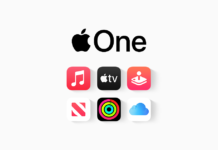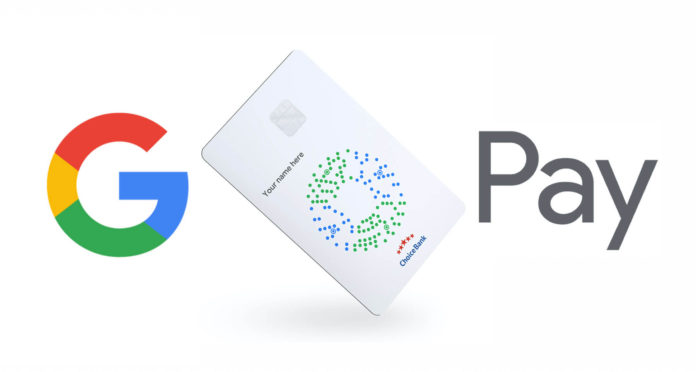Google’s push into banking could include a not-so-subtle parallel to the Apple Card. A Google is developing a sensible open-end credit . While the payment format would clearly dictate changes compared to its Apple rival (you could add money to Google’s card), many of the core concepts would remain an equivalent . The Visa-based card would be available both as a tap-to-pay option on your phone and a physical item, with detailed tracking of what you spent and where.
Security would play a crucial role also . You’d have a virtual card number that you simply could quickly reset or block, and you’ll keep using your virtual card if you would like to lock a lost or stolen physical card. There also are indications that you’ll have control over the info you share.
At the time, it mentioned that its “lead partners” were Citi and Stanford Federal depository financial institution , both of whom are expected to cooperate with Google on the open-end credit .
There are many incentives for Google to dive into debit cards. Like Apple and other tech giants, it can use services like this to get a gentle stream of revenue on top of its existing businesses. And remember, Google is an advertising giant — it could use data to enhance its ad measurement and even target ads, a minimum of for those customers who prefer to share more info.
Whether or not people bite isn’t certain. The COVID-19 pandemic clearly puts a damper on adoption as people are largely staying inside. And yes, privacy could easily be a priority . Many are already concerned that Google is just too wanting to track users and otherwise pervade every aspect of their lives. Whether that worry is merited or not, would-be customers could also be reluctant to check in and provides Google a possible peek at their financial status. Still, this might be ideal for people that are already fully invested in Google’s ecosystem and need a comparatively friction less thanks to shop.













































